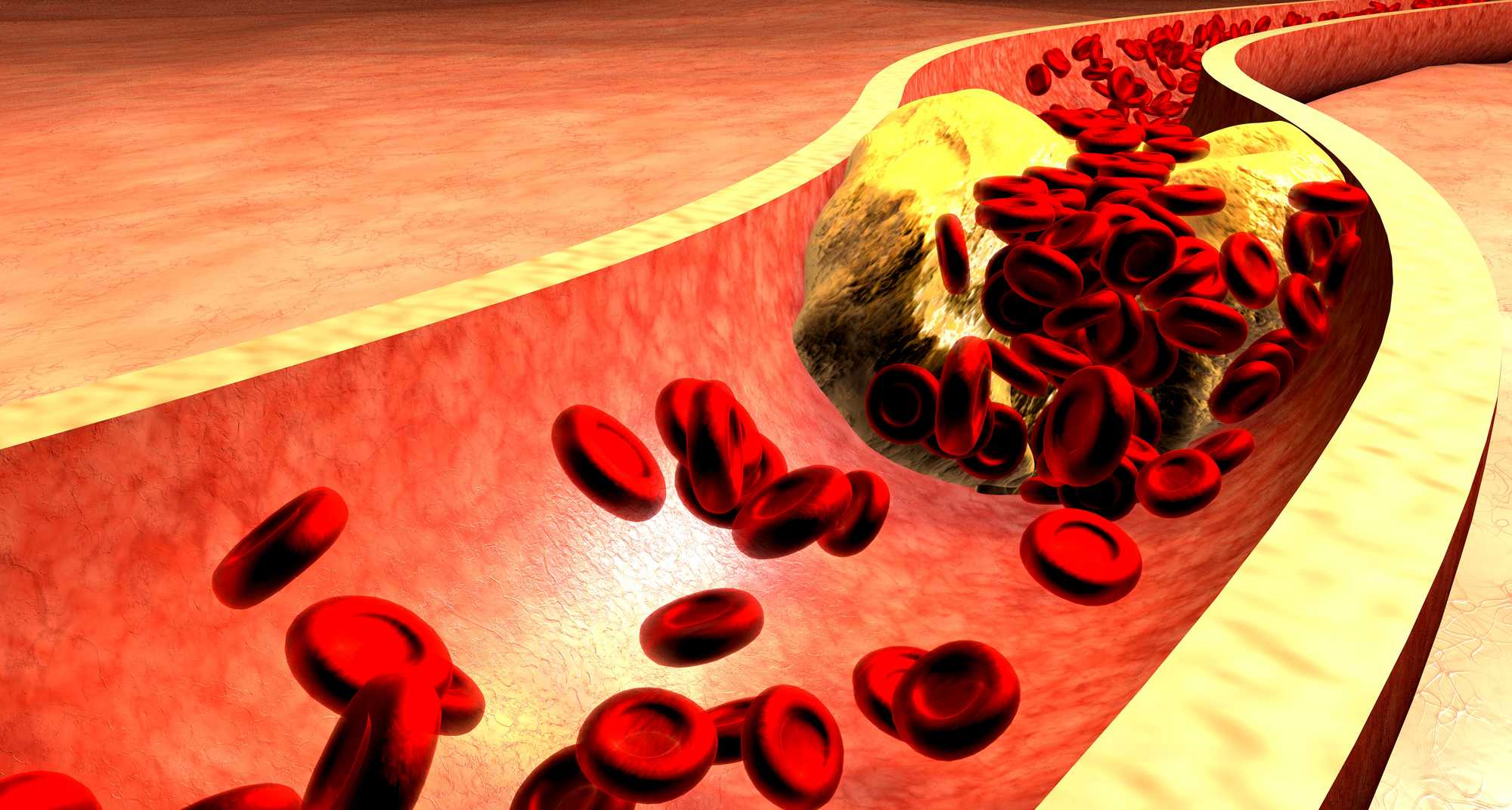BY AMARI SUKHDEO
Hyperlipidemia, more commonly known as high cholesterol, is a condition that affects almost half of Canadians aged 40 to 59 and more than a quarter of Canadians between the ages of 20 and 39.
However, the majority of the time the individual is not aware they have high cholesterol. I will be explaining what it is, why this is the case, and how it can be treated. High cholesterol is a condition where you have too many lipids (fats) in your blood. Our liver produces cholesterol, which is vital for the formation of: cell membranes, vitamin D, and certain hormones. However, our liver makes all the cholesterol we need, meaning that any food consumed that contains cholesterol is extra and unnecessary.
There is good cholesterol (HDL), and bad cholesterol (LDL). Bad cholesterol (LDL) is the most dangerous type because it causes hardened cholesterol deposits (plaque) to collect inside of your blood vessels. This makes it hard for blood to travel, and when the deposits suddenly break it can form a clot leading to heart attack, or stroke. Heart attack, stroke, heart disease, and death, are the common outcomes of untreated high cholesterol. It is important to go for blood tests to check your cholesterol levels because there are no symptoms, or short-term impacts.
Look for symptoms of heart attack, or stroke such as: nausea, numbness, slurred speech, and chest pain. Common causes of high cholesterol are directly related to lifestyle and food intake. Lifestyle factors that hinder this illness are; smoking, which lowers HDL and raises LDL, stress triggers hormonal changes that cause more production of cholesterol, alcohol use raises total cholesterol, inactivity causes the body to produce enough HDL while sitting, and poor diet with foods containing saturated and trans fats. Overconsumption of saturated fat and trans fats is the leading cause of high cholesterol. This is because they cause arteries to be blocked over time and increase the LDL in your blood while lowering the HDL.
Foods that are high in saturated and trans fats that should be avoided are: processed meat, red meat, full-fat dairy products, fast food, fried food, and baked goods. Other causes can be medications, or other medical problems, which can create an unbalanced cholesterol level. This can include medications like beta-blockers, birth control steroids, and HIV medication. Medical problems that can cause unbalanced cholesterol levels are liver disease, pancreas disease, diabetes, HIV, and lupus.
Fortunately, there are multiple ways to avoid high cholesterol and improve the lifestyle of a person who is affected. Exercising regularly is the biggest lifestyle factor that you can change to reduce your risk. Exercising raises HDL levels and reduces LDL. Other lifestyle changes include quitting smoking, losing weight if needed, and eating at home. Home-cooked meals can improve cholesterol levels because the amounts of sodium, fats, and sugar can be controlled. Soluble fiber is a superfood when it comes to overall health, but especially high cholesterol because it binds to LDL and rides it out of your system before it enters circulation as well as foods that contain polyunsaturated fats, which directly lower LDL. Some foods are whole grains, seafood and fish, legumes, vegetables, and oats.

